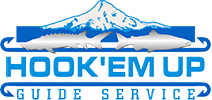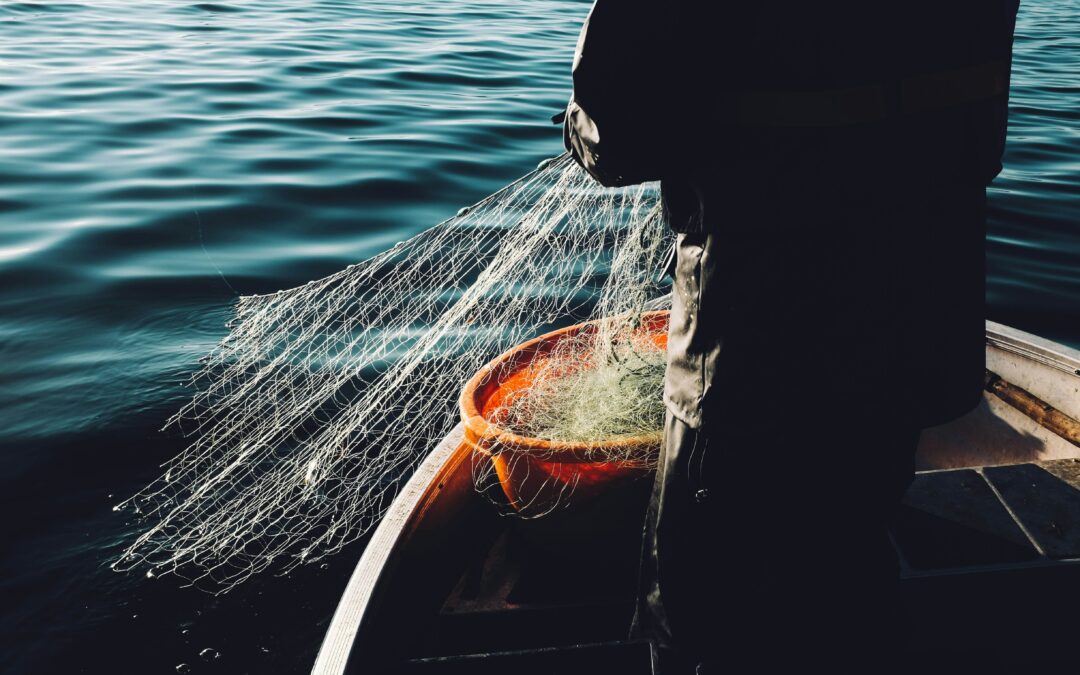2024 Fishing Regulations and Licensing in Portland, Oregon
As 2024 unfolds, fishing enthusiasts in Portland, Oregon, are gearing up for another exciting year on the water. Whether you’re a seasoned angler or a newcomer to the sport, understanding the latest fishing regulations and licensing requirements is crucial to ensuring a lawful and enjoyable experience. This article provides a comprehensive overview of the 2024 fishing regulations and licensing in Portland, Oregon, helping you stay informed and compliant as you cast your line in the city’s abundant waters.
General Fishing Regulations for 2024
The Oregon Department of Fish and Wildlife (ODFW) updates fishing regulations annually to maintain sustainable fish populations and protect the state’s diverse aquatic ecosystems. For 2024, several key regulations apply to the Portland area, covering both freshwater and saltwater fishing.
Fishing Seasons and Species: One of the most important aspects of the 2024 regulations is the designated fishing seasons for different species. Portland offers access to various fish, including salmon, steelhead, trout, and bass. The fishing seasons for these species vary, with some open year-round and others restricted to specific months. For example, salmon fishing in the Willamette River typically peaks in the spring and fall, while trout fishing is often best during the summer months.
Bag and Size Limits: To protect fish populations, the ODFW enforces strict bag and size limits for different species. For 2024, anglers must adhere to these limits, which dictate how many fish of each species can be kept and the minimum size they must reach before being harvested. For instance, the daily bag limit for trout in most Portland-area waters is five fish, with a minimum size requirement of eight inches. These limits help ensure that fish populations remain healthy and sustainable.
Protected Species: Certain species in Oregon are protected and cannot be harvested at any time. For 2024, this includes species like wild steelhead and certain native fish. Anglers must familiarize themselves with these protected species to avoid unintentional violations. Catch-and-release practices are encouraged for these species, and proper handling techniques should be used to minimize harm.
Licensing Requirements for 2024
Before heading out to fish in Portland, it’s essential to obtain the appropriate fishing license. The ODFW offers various licenses and permits to accommodate different types of anglers, from residents to non-residents, and from those fishing for sport to those fishing for subsistence.
Resident and Non-Resident Licenses: Oregon residents and non-residents have different licensing options. For 2024, residents can purchase an annual fishing license, which covers all freshwater and saltwater fishing within the state. Non-residents have the option to buy a short-term license (valid for one, three, or seven days) or an annual license. These licenses grant access to all public waters in Oregon, including those in the Portland area.
Youth and Senior Licenses: To encourage participation in fishing, the ODFW offers discounted licenses for youth (ages 12-17) and seniors (age 70 and older). In 2024, youth licenses are available at a reduced rate, making it affordable for young anglers to enjoy the sport. Seniors, who may have been fishing in Oregon for decades, can also take advantage of discounted licenses, allowing them to continue their passion without a significant financial burden.
Special Permits: Some types of fishing in Portland require additional permits. For example, anglers targeting salmon, steelhead, or sturgeon must purchase a Combined Angling Tag, which tracks the harvest of these species. Similarly, shellfish harvesting, such as crabbing or clamming, requires a separate shellfish license. These special permits help the ODFW monitor and manage the harvest of specific species, ensuring that they remain available for future generations.
Where to Purchase: Fishing licenses and permits for 2024 can be purchased online through the ODFW’s electronic licensing system, at authorized retailers, or at ODFW offices. The online system allows anglers to buy and print their licenses from the comfort of their homes or to store them digitally on their mobile devices, making it easy to carry proof of licensing while out on the water.
Regulations for Specific Portland-Area Waters
Portland is surrounded by a variety of fishing spots, each with its own specific regulations. The Willamette River, Columbia River, and numerous smaller lakes and streams offer diverse fishing opportunities, but each requires adherence to unique rules.
Willamette River: As one of the most popular fishing locations in Portland, the Willamette River has specific regulations that anglers must follow. For 2024, the river remains open year-round for many species, but there are seasonal restrictions for salmon and steelhead. The ODFW has also implemented special gear restrictions in certain sections of the river to protect fish populations, such as limiting the use of barbed hooks.
Columbia River: Shared with Washington State, the Columbia River has its own set of regulations, which are often updated throughout the year based on fishery management needs. In 2024, anglers fishing the Columbia River must be aware of the joint regulations set by both Oregon and Washington, particularly for species like salmon, steelhead, and sturgeon. This includes specific open seasons, size limits, and daily bag limits that can vary depending on the section of the river you’re fishing.
Local Lakes and Streams: Many smaller bodies of water around Portland are stocked with trout and other species, making them ideal spots for casual fishing trips. These lakes and streams often have specific regulations regarding bait, catch limits, and open seasons. For example, some lakes may be closed during certain months to protect spawning fish or may have restrictions on the types of bait that can be used to prevent the spread of invasive species.
Catch and Release Guidelines
Catch and release is a common practice in Oregon, especially for protected species or when fishing in heavily regulated waters. The ODFW has outlined best practices for catch and release to minimize harm to fish and increase their chances of survival once released.
Proper Handling: When practicing catch and release, it’s important to handle fish as little as possible and to use wet hands or gloves to avoid damaging their protective slime coat. Using a rubberized or knotless landing net can also reduce injury.
Quick Release: Time is critical in catch and release fishing. The quicker you can release the fish, the better its chances of survival. Have your tools ready, including pliers to quickly remove the hook, and avoid keeping the fish out of the water for more than a few seconds.
Barbless Hooks: Using barbless hooks is encouraged, as they make it easier to release fish without causing significant injury. In some Portland-area waters, barbless hooks are mandatory, so be sure to check the specific regulations for the area you’re fishing.
Conservation and Ethical Fishing Practices
Fishing in Portland is not just about the thrill of the catch; it’s also about conserving fish populations and protecting the environment. The ODFW promotes ethical fishing practices to ensure that the state’s waters remain healthy and productive.
Invasive Species Awareness: Oregon waters are threatened by invasive species, such as zebra mussels and New Zealand mudsnails. Anglers are required to take steps to prevent the spread of these species, such as cleaning and drying their gear between trips and avoiding transferring water from one body of water to another.
Leave No Trace: Anglers are encouraged to practice Leave No Trace principles, which include packing out all trash, properly disposing of fishing line and hooks, and respecting wildlife and other outdoor enthusiasts. By following these guidelines, anglers can help preserve the natural beauty of Portland’s fishing spots for future generations.
Participating in Conservation Programs: The ODFW offers various programs that anglers can participate in to contribute to conservation efforts. This includes reporting tagged fish, volunteering for habitat restoration projects, and participating in surveys that help the ODFW monitor fish populations and assess the health of aquatic ecosystems.
Staying Informed and Enjoying the 2024 Fishing Season
Fishing in Portland, Oregon, offers a rich and rewarding experience, whether you’re casting from the banks of the Willamette River or heading out to the Columbia River’s vast waters. By staying informed about the 2024 fishing regulations and licensing requirements, you can ensure that your time on the water is both enjoyable and compliant with state laws.
Remember to check for any mid-year regulation updates from the ODFW, as fishing conditions and rules can change based on environmental factors and fish population assessments. With the right preparation and a commitment to ethical fishing practices, you’ll be ready to make the most of Portland’s diverse and plentiful fishing opportunities in 2024.





Recent Comments